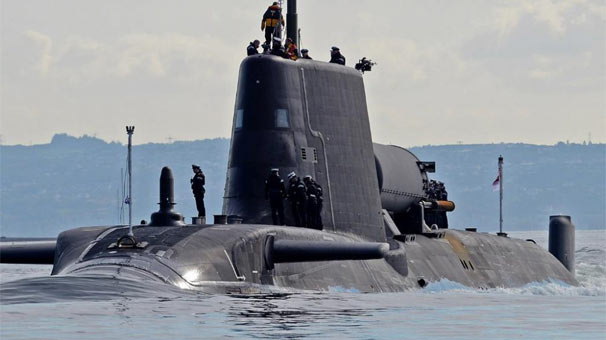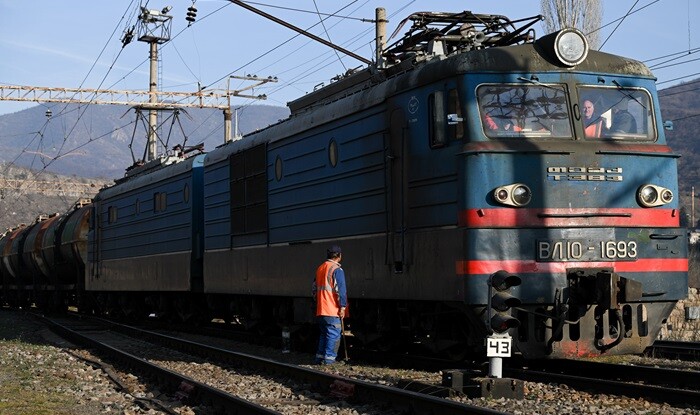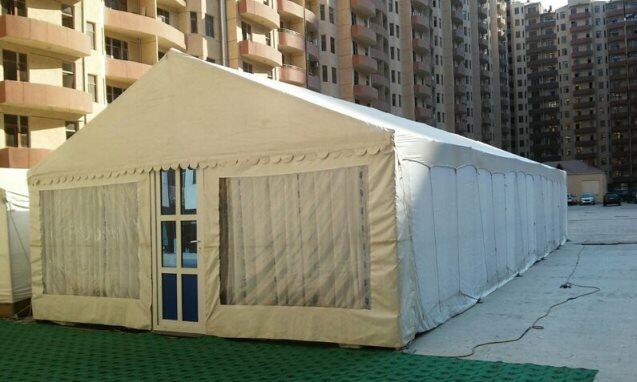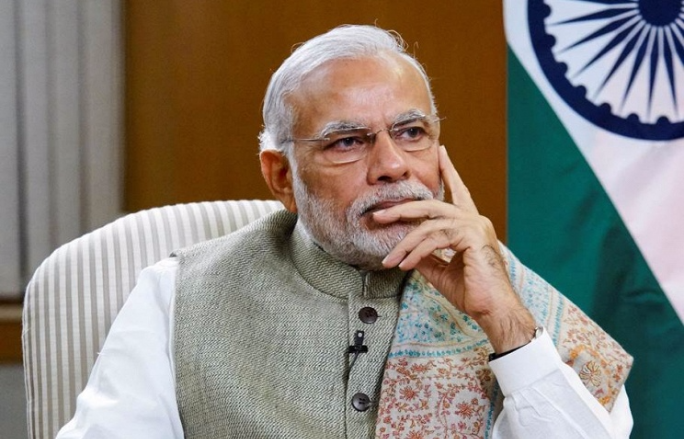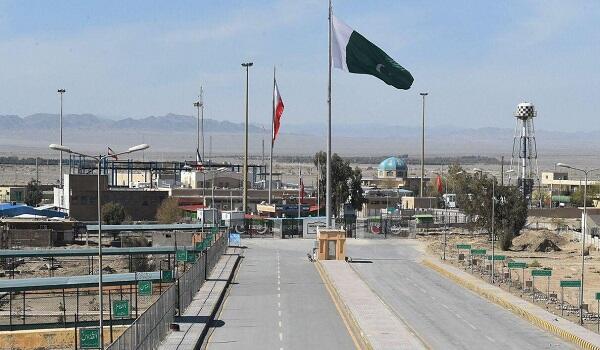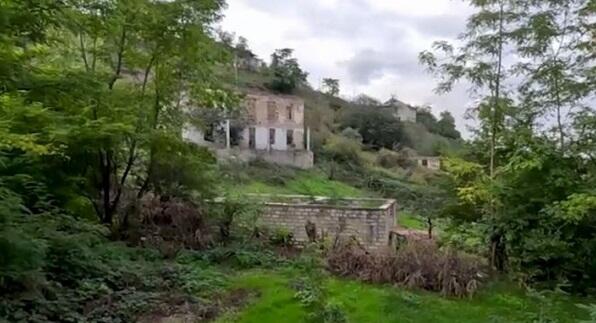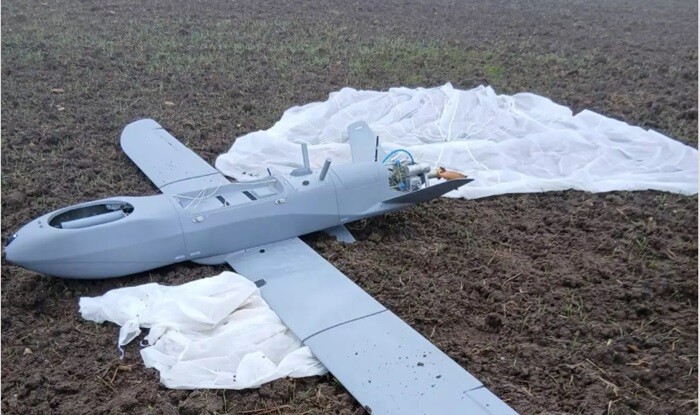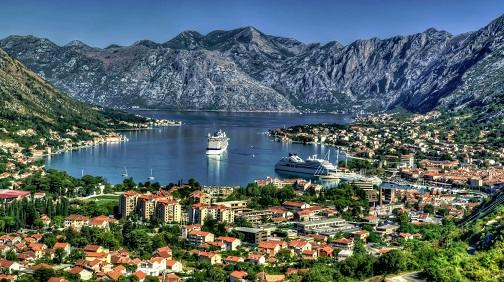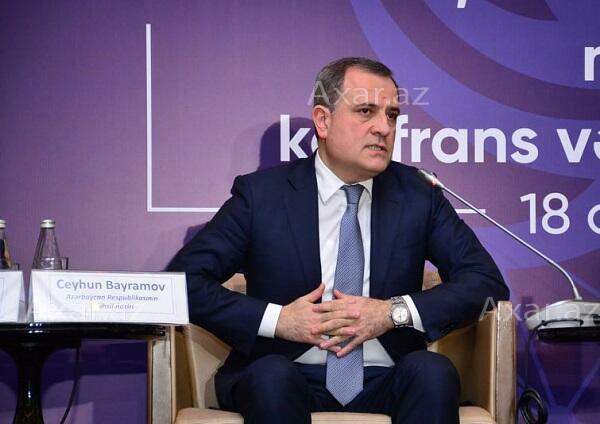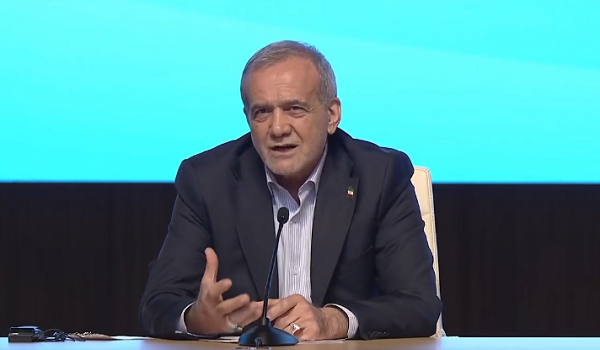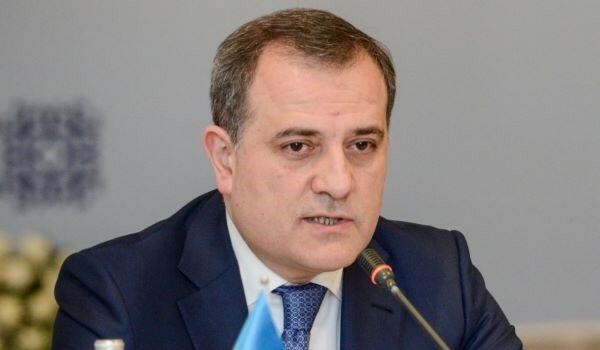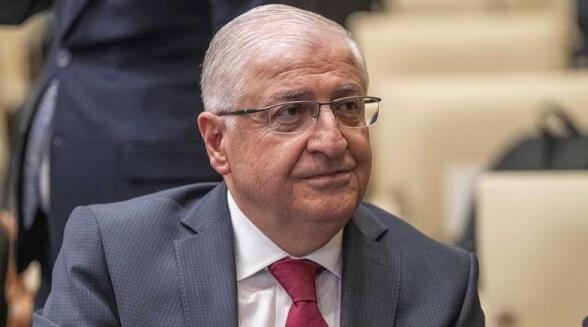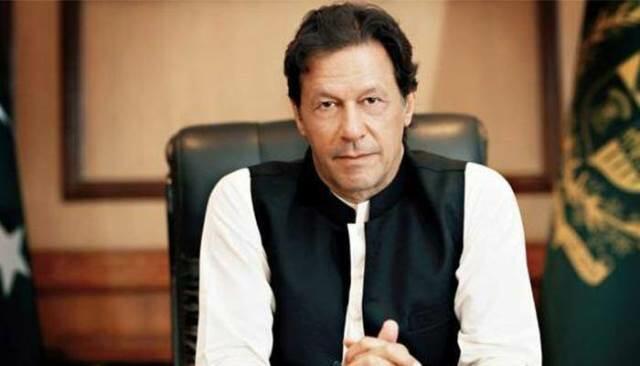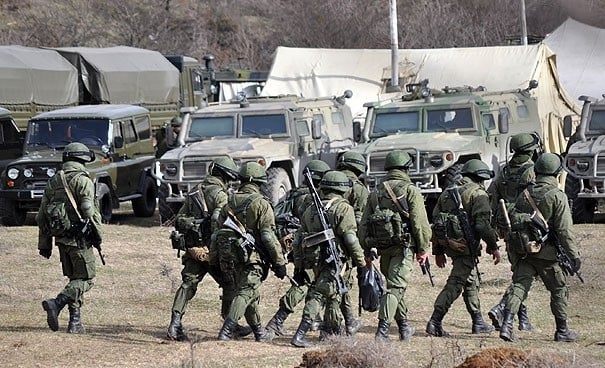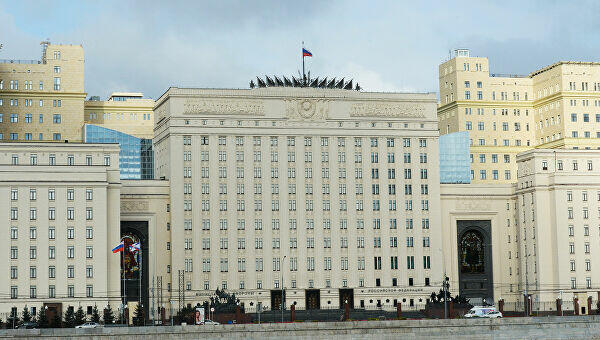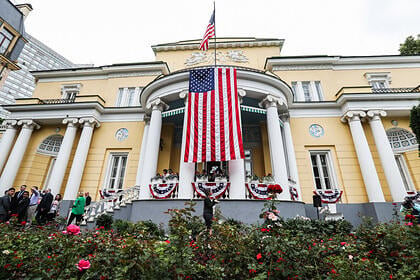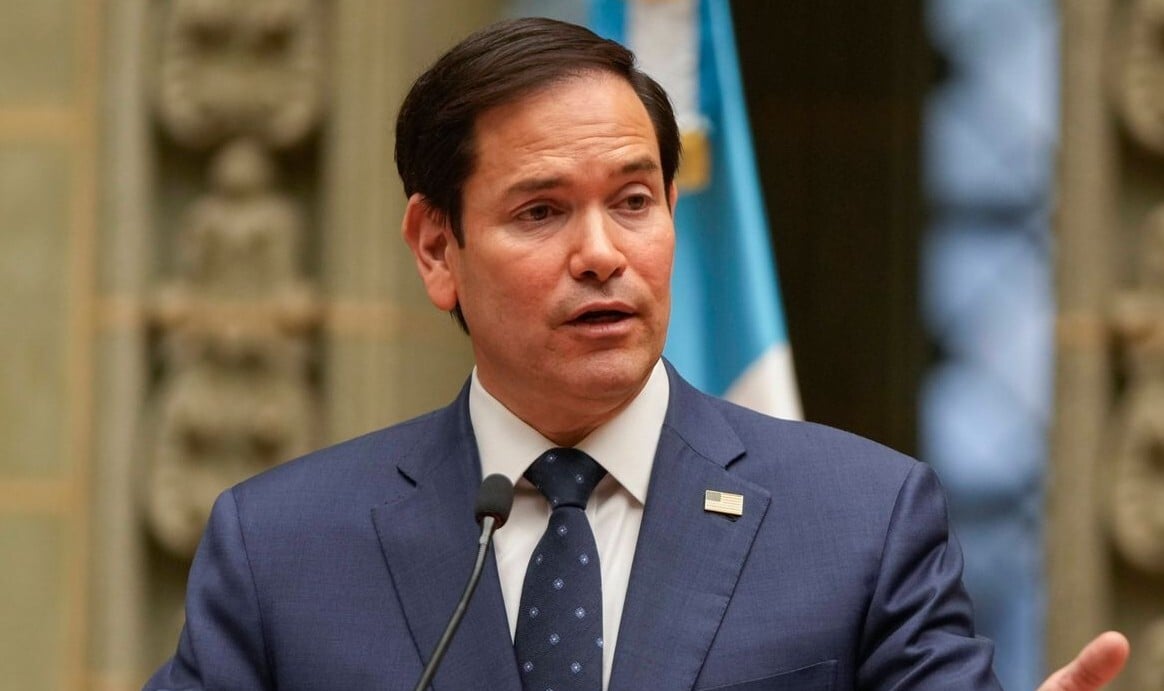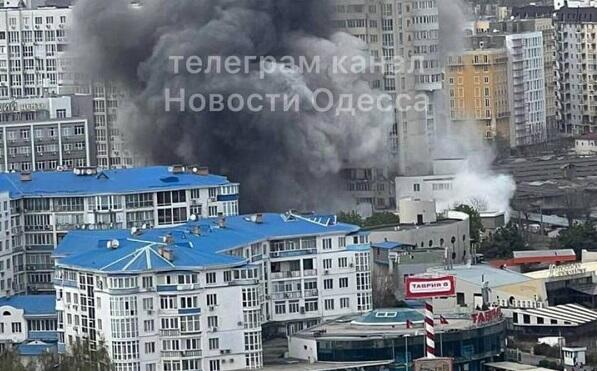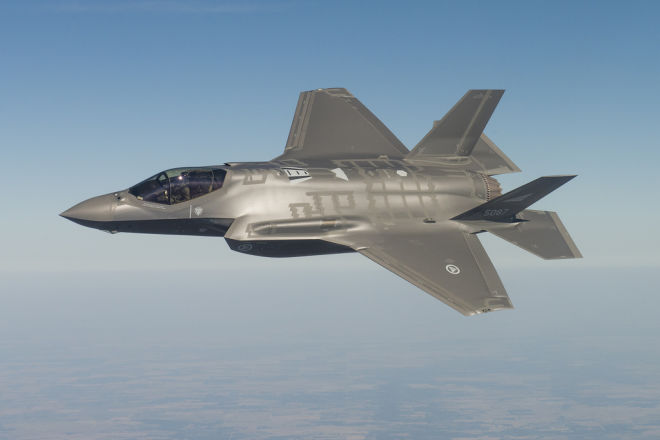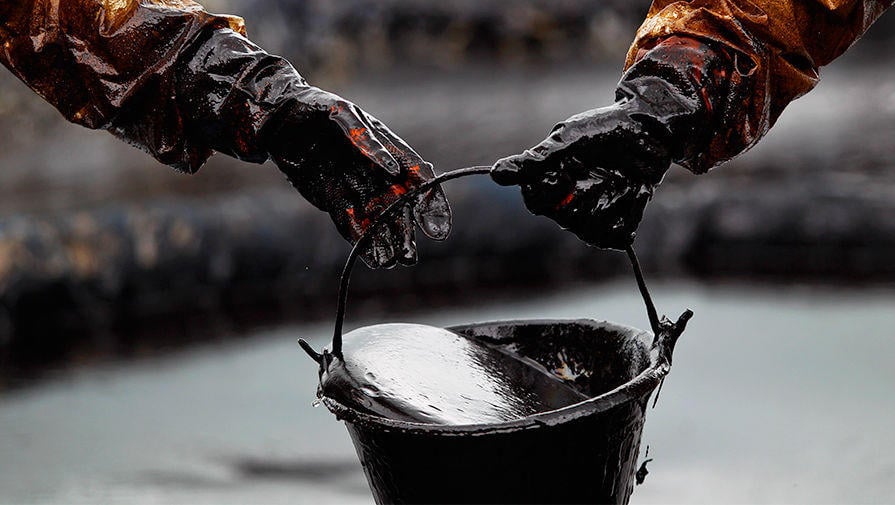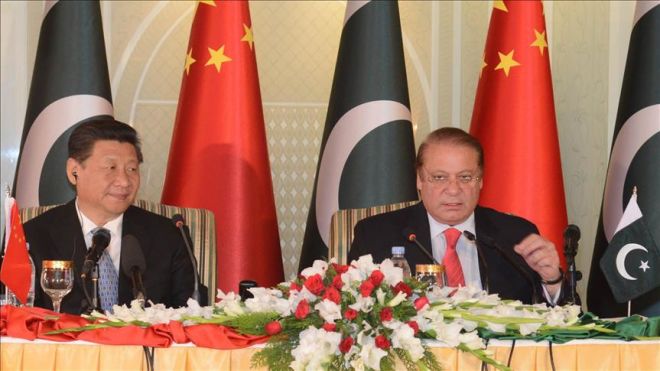The departure of a Chinese ship from Pakistan's
southwestern Gwadar port on Sunday meant a much-vaunted economic
corridor between the countries began to transition from bilateral
agreements to reality.
Pakistani Prime Minister Nawaz Sharif attended a ceremony held
at the port, a key part of the $46 billion China-Pakistan Economic
Corridor (CPEC), to celebrate the arrival of a Chinese trade convoy
that had travelled 3,000 kilometers from China's northwestern
Xinjiang province.
Flanked by powerful army chief General Raheel Sharif, cabinet
ministers and ambassadors from 15 countries, Sharif formally saw
off the first ship from the deep-sea port.
Describing the much-publicized CPEC project as "game-changer"
for the entire region, Sharif said his country was harnessing its
geo-strategic location for economic benefits.
"This is the beginning of shared benefits, shared prosperity and
shared cooperation between Pakistan and China," he said, adding
that his government planned to transform Gwadar into a small port
city to serve as a trade and economic hub for the entire
region.
The Chinese ambassador to Islamabad, Sun Weidong said: "CPEC has
entered its full implementation. It is a sign of mutual benefits,
mutual construction and win-win cooperation between Pakistan and
China."
During Chinese President Xi Jinping's visit to Pakistan last
year, the two countries sealed a total of 51 agreements under the
CPEC umbrella, increasing their cooperation on energy, security and
infrastructure issues.
The corridor, which is part of Beijing’s most ambitious foreign
economic initiative, One Belt, One Road, will connect northwest
China to the Gwadar port through a network of roads, railways and
pipelines, to transport cargo, oil and gas.
It would provide the shortest route for Chinese cargo destined
for the Middle East, Central Asia and Africa while earning
Islamabad $5 billion annually.
One of the most serious barriers to the completion of the
2,000-kilometer corridor has been Pakistan's security problems,
with Chinese workers having been attacked or kidnapped by Taliban
militants or Baloch separatists operating in the province Gwadar is
located in.
Baloch separatists have accused Islamabad of taking Chinese help
to steal resources from the mineral-rich Balochistan province.
After a request by the Chinese president, the Pakistani army has
created a 10,000 strong force to provide protection to hundreds of
Chinese workers, technicians and experts working on projects linked
to the economic corridor.
Beijing is already Islamabad’s largest trade and defense partner
but the two countries hope the project will increase their trade
volume from $16 billion to $20 billion.


